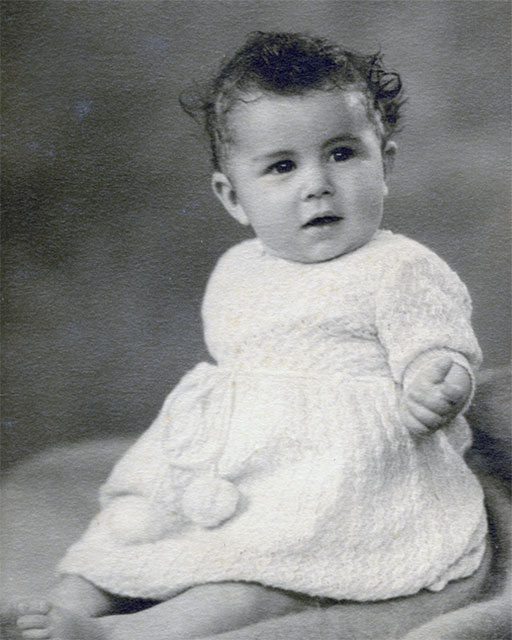
Women may be viewed as equals in most areas, but when it comes to citizenship, the rules were not always equal for men and women. This is especially true in Italy as well as the USA.
In Italian culture, Italians shower moms with affection, but the patriarchal rules are very rigid and a bold contrast to the modern world. One of these rules states that a child born to an Italian woman before 1948 was not granted automatic Italian citizenship. Only Italian men could pass that citizenship down to their children before 1948. While it sounds rather antiquated, the US also has something much like it in its own laws for citizenship.
Fortunately, since 2009 when this ruling was challenged, those that fall under this category now have the opportunity to apply for Italian citizenship through their maternal line (mother, grandmother, great grandmother or great great grandmother). However it falls under a special circumstance which requires you going through the Italian judicial system to get Italian citizenship. Our Italian citizenship lawyer specializes in 1948 cases and we are happy to assist you in determining if you qualify.
Understanding the Loss of Citizenship in Accordance with the Expatriation Act of 1907
Before this law was officially instated, there were no cohesive rules that applied to what would happen should an American woman marry a foreigner. Likewise, no official law existed as to what would happen when a woman from a foreign land wanted to achieve US citizenship. From March 2, 1907 though, the US citizenship of a woman was tethered to her husband’s citizenship status.
In other words, if the American woman in question found love with a foreigner and married him, she would lose her US citizenship on the date of marriage even if she had always remained in the United States due to the Expatriation Act of 1907. Foreign women also became citizens of the USA when they married to a USA citizen. Women could naturalize when their husbands were naturalized, even if citizenship were lost with her marriage to a foreigner.
How the 1922 Cable Act Changed Everything
It seems incredibly unfair that the law from 1907 would punish women by losing their citizenship for falling in love with and marrying an immigrant. It wasn’t that the government worried much that foreign men were sweeping American women off their feet and creating blended cultures though. Congress was eager to stop dual citizenship in a time when the world was completely up in arms. They decided this was the best course of action to stop this from happening.
Enter women’s suffragists that inspired the 1922 Cable Act. This act was responsible for abolishing the Expatriation Act, though they were more inspired by inconvenienced some men were by the former law. If a man that was an immigrant was denied the process of naturalization for a wife that couldn’t speak any English, the courts realized leaving the law in place would allow her to vote, and they didn’t want women to have this right.
Once the new 1922 law was in place, those women that had lost their citizenship didn’t just regain it. There was a paperwork process that led them back to naturalization, one that was easy, yet it was unusual to make women pledge their allegiance to a country they had never left.
This happened to thousands upon thousands of women. The 1922 law also made Asian immigrants ineligible for naturalization. Thus, many American women lost out on their citizenship completely when they became married to Asian men. They were not allowed to re-naturalize again either.
How Italy Was Similar to the US in Citizenship Loss for Women
Soon after the law from 1907 in the US, a law took effect in Italy in 1912 which stated that only men could pass citizenship onto their own children. So, children that were born to an Italian woman who married a foreigner were not considered Italian citizens when they were born on Italian soil. Eventually, it was updated on January 1, 1948, but it wasn’t retroactive.
That rule from 1948 is still a problem for some when they wish to establish dual citizenship or Italian citizenship. You may have a difficult time trying to prove family ties for citizenship depending on the relatives you want to link to. It is more challenging for those that are descendants of Italian women.
Fortunately if you fall under this set of circumstances, the Italian courts tend to side with those that seek naturalization, calling the rule discriminatory. To determine if you qualify for citizenship you can contact our IDC team of Italian citizenship experts. We will be happy to preliminarily assess your case free of charge.





